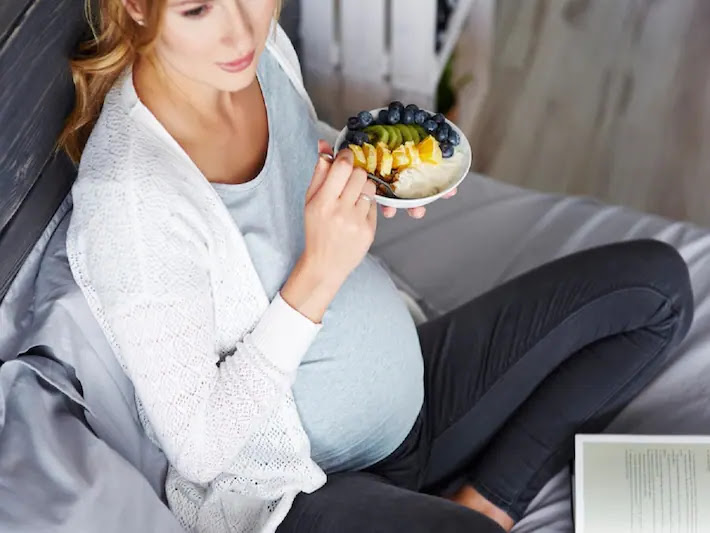Women are most vulnerable to nutritional deficiencies during pregnancy. Malnutrition can poses significant dangers for both the baby and the mother.
Women have specific dietary needs throughout their lives, but this is especially true before, during, and after childbirth when they are most vulnerable to nutritional deficiencies. The survival and well-being of mothers and their children depend on providing women with healthy food, enough resources, and care. Pregnancy malnutrition is characterised by a maternal nutritional status in which nutrient reserves and macronutrient/micronutrient consumption are below what is required to ensure the best results for the mother, the foetus, and the baby. Additionally, it raises the possibility of several negative outcomes.
Health risks for mother
Malnutrition poses significant dangers for would-be-moms such as:
Women who are undernourished at the time of conception may also fail to meet the increased nutritional requirements during pregnancy. Also women who are undernourished at the time of pregnancy may also struggle to fulfil their higher nutrition needs.
The deficiency of micronutrients during pregnancy could lead to major challenge. In the case of expecting moms, deficiency of zinc and magnesium causes preeclampsia. A lack of iron and vitamin B12 can cause anaemia. Inadequate intake of vitamin B12 can also lead to neurological disorders. Vitamin K deficiency can lead to excessive bleeding during childbirth and inadequate iodine intake during pregnancy can lead to miscarriage and stillbirth.
How malnutrition can be prevented?
A balanced diet that contains plenty of fruits, vegetables, water, dietary fibre, proteins, fats, and carbohydrates can help prevent malnutrition. Fatigue, anaemia, low pregnancy weight, lightheadedness, high blood pressure, hair loss, dry skin, dental issues, and a weakened immune system are all indications that a woman is undernourished during pregnancy.
Pregnant women should take prenatal vitamins, consume a balanced diet, and exercise frequently to avoid malnutrition. They should continue taking their pregnancy vitamins and eating a healthy diet throughout the pregnancy. This guarantees the well-being of the mother and the infant.

